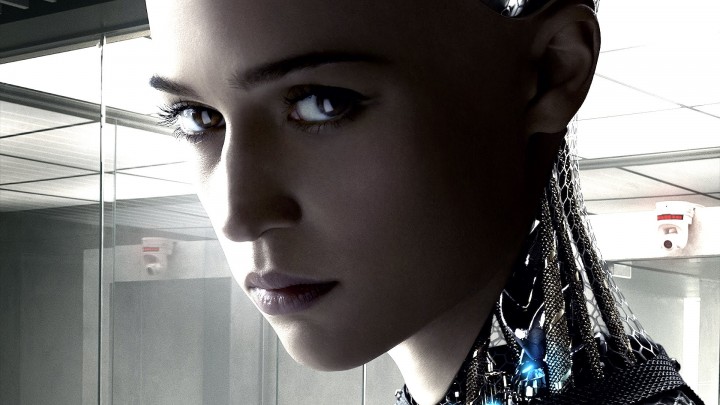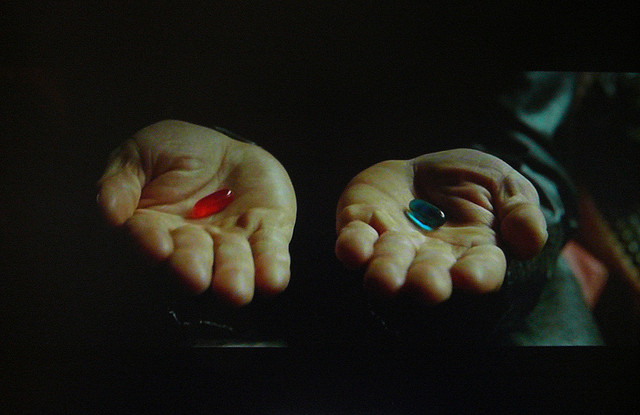If A.I. is conceivable than it is arguably possible. Now if it was possible then we need to ask ourselves “Is it desirable?”. Let’s have a look at implications.
The movie Ex Machina successfully blurs the lines between man and machine.
NATHAN
I programmed her to be heterosexual. Just like you were programmed to be heterosexual.
CALEB
Nobody programmed me to be straight.
NATHAN
But you are attracted to her.
CALEB
This is childish.
NATHAN
No, this is adult. And by the way, you decided to be straight? Please. Of course you were programmed. By nature or nurture, or both.
– Ex Machina, The screenplay
Instead of asking how artificial intelligence resembles humans and their behavior why don’t we turn this question upside down and ask ourselves how we resemble artificial intelligence. As humans we are conditioned or “programmed” by our environment and experiences. So what is the difference between us and a machine?
In the sci-fi book “Do Andriods Dream of Electric Sheep?” by Philip K Dick we are introduced to the self destructive nature of man by the character Phil Resch and his increasingly lacking ability to emphasise. Resch has lost all empathy for androids as well as any living thing. He kills not because it is his job to do so but because he enjoys it. When Resch eventually finds out that he is not an android he is in fact surprised. The main character of the book, Rick, can come to no other conclusion except that Resch has lost a critical part of himself that made him human. This is a part of the reoccurring theme of depersonalization discussed in the book.









